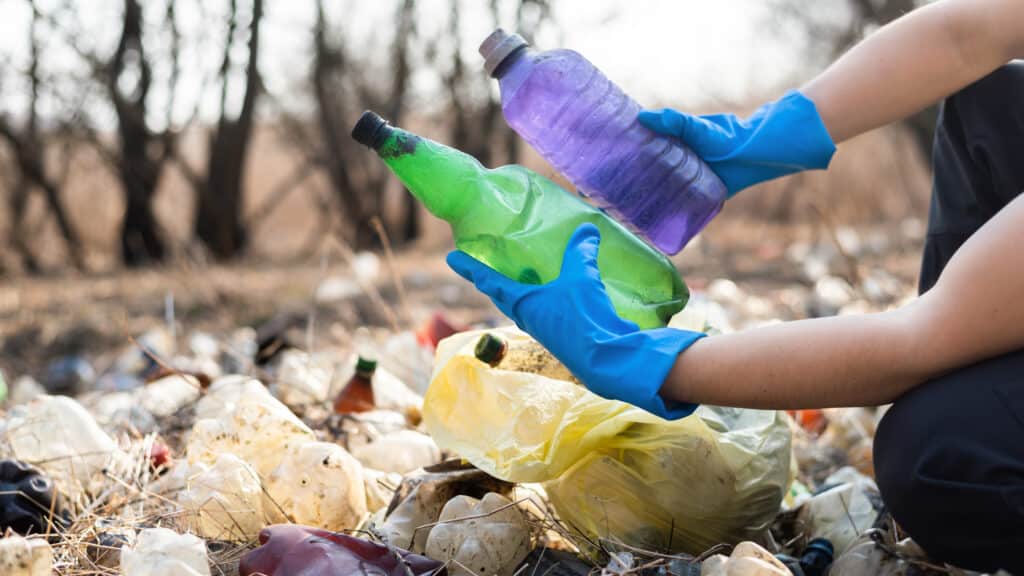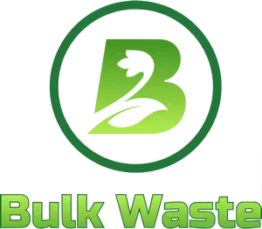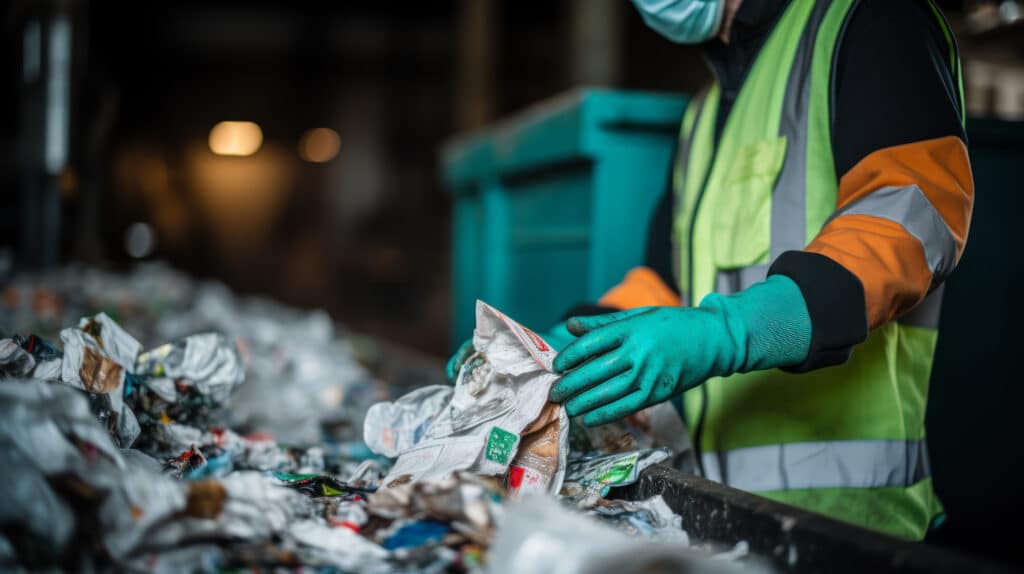Understanding Waste Management
Effective waste management is more than just disposing of refuse; it’s a critical aspect of maintaining a clean environment and complying with regulations. Implementing the right strategies not only prevents fines, but also contributes to a healthier community. Let’s delve into ten practical waste management solutions to steer clear of fines and hassles while ensuring a cleaner environment.
Segregation for Efficiency
Segregating waste at the source is a foundational step in efficient debris management. Categorizing waste into recyclables, hazardous materials, and general waste streamlines the disposal process and allows for treatment or recycling.
Opting for Local Dumpster Rentals
Choosing a local dumpster rental, such as in Lake Worth, Royal Palm Beach, Riviera Beach, Palm Beach, Delray Beach, or Wellington, is a smart move for streamlined waste disposal. These services offer convenience, timely pickups, and ensure compliance with local regulations. They provide a direct link to the community’s debris management ecosystem.
Choosing local services not only ensures timely pickups, but also supports the local economy. Local providers are well-versed in the specific regulations of the area, ensuring compliance and hassle-free waste disposal.
Complying with Hazardous Waste Regulations
Understanding and adhering to hazardous waste regulations is crucial. Improper disposal of hazardous waste not only harms the environment but can also lead to severe fines. Properly labeling, storing, and disposing of hazardous materials is essential.
It’s prudent to keep abreast of the latest regulations set by local and federal agencies to avoid hefty fines and protect the environment. Training employees on proper handling and disposal methods is crucial to maintain a safe and compliant workspace. This empowers individuals to recognize and manage hazardous materials effectively, reducing risks and ensuring compliance with the stringent regulations surrounding such waste.
Efficient Solid Waste Management
Implementing a comprehensive solid waste management plan is vital. This involves minimizing waste generation, recycling materials wherever possible, and ensuring proper disposal of non-recyclables and implementing strategies like composting organic waste. Businesses and communities can significantly decrease their overall waste output, contributing positively to the environment. These practices not only decrease the amount of waste sent to landfills but also foster a culture of sustainability.
Engaging in Proper Recycling Practices
Encouraging recycling among employees or residents significantly reduces waste. Providing separate bins for recyclables, educating individuals on what can be recycled, and partnering with local recycling centers can bolster your waste management efforts.
Establishing clear guidelines on what can be recycled and providing convenient recycling bins within workplaces or residential areas promotes a recycling culture. Regular awareness campaigns can help reinforce the importance of recycling and encourage active participation among employees or community members.
Implementing Waste Reduction Strategies
Reducing waste at the source is a sustainable approach. Employ tactics such as purchasing in bulk, opting for products with minimal packaging, and encouraging the use of reusable items to cut down on overall waste.
Organizing Hazardous Waste Training
Educating employees or community members on handling hazardous waste is pivotal. Conduct training sessions to raise awareness about proper disposal methods and the potential risks associated with mishandling such materials. For comprehensive guidance on managing hazardous waste, the EPA offers an invaluable guide for small businesses at Managing Your Hazardous Waste Guide.
Regular Waste Audits and Assessments
Periodic waste audits help in understanding waste generation patterns. These assessments identify areas where improvements can be made, allowing for the change of waste management strategies accordingly.
Proper Disposal of Electronic Waste
Electronics pose a unique challenge in debris management. Implement systems for the proper disposal of electronic waste, including old computers, phones, and other devices, to prevent environmental pollution.
Collaboration with certified e-waste recycling services guarantees proper handling, dismantling, and recycling of electronic components. By responsibly managing electronic waste, businesses, and communities prevent environmental contamination while also recovering valuable resources.
Each of these debris management practices demands a proactive and committed approach. When executed thoughtfully, they not only aid in waste reduction but also contribute significantly to environmental conservation and regulatory compliance.
Partnering with Waste Management Services
Collaborating with debris management services ensures compliance with regulations and efficient waste disposal. Establishing relationships with reputable services guarantees proper handling of waste streams.
A Cleaner Future Through Effective Waste Management

Embracing effective debris management practices isn’t just about avoiding fines; it’s a commitment to a cleaner, healthier future. By implementing these ten solutions, businesses, and communities can navigate debris disposal regulations, minimize environmental impact, and contribute to a sustainable world. Remember, small steps in waste management lead to significant positive changes for the environment and your community.

